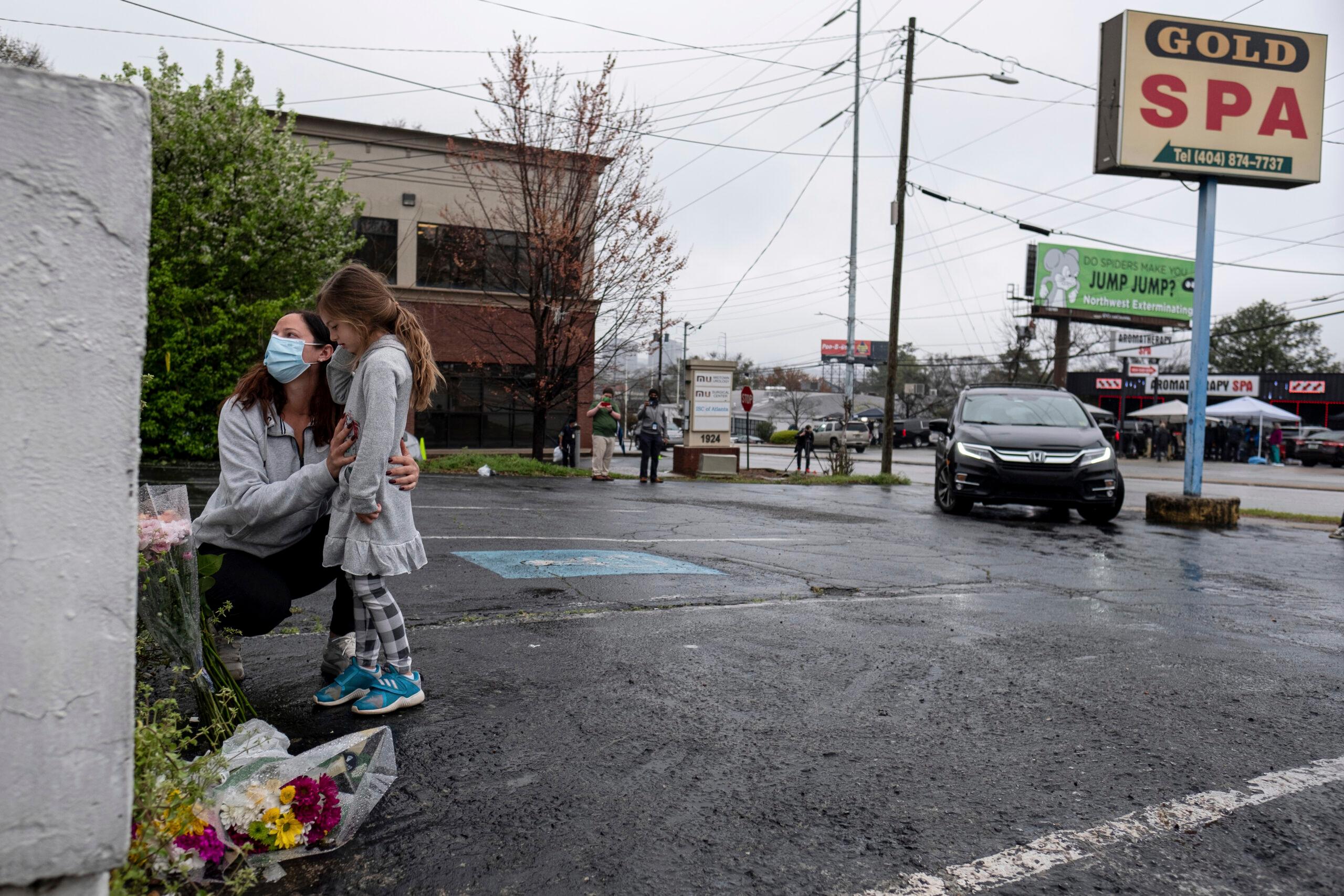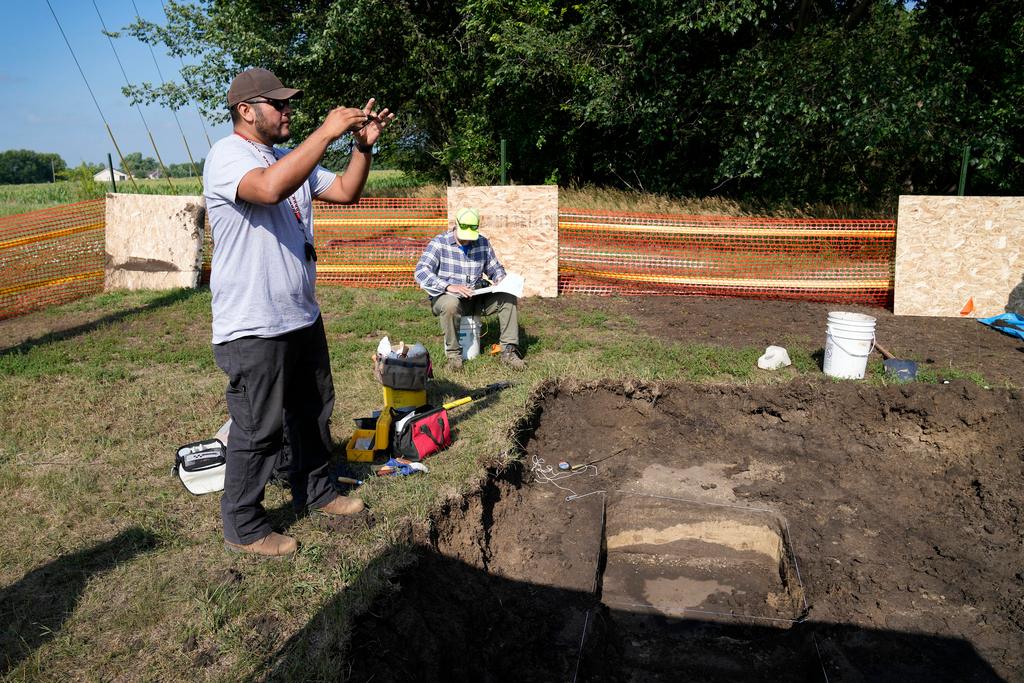
Hundreds of members of Colorado's Asian American communities gathered for a virtual event Thursday night to grieve the shootings in Atlanta and to share their own experiences with anti-Asian hatred.
Asian Americans in Colorado and beyond have been speaking out after a 21-year-old man killed eight people at three spas in Georgia earlier this week. Most of the victims were women of Asian descent. The shootings come after a year in which anti-Asian language and rhetoric have been used around the coronavirus pandemic, fueling hate crimes and bias toward people of Asian descent.
“What is going on is not new to the Asian American community,” said Joie Ha, vice-chair of Denver’s Asian American Pacific Islander Commission, who led the town hall. “Anti-Asian hate has been occurring for hundreds of years.”
Nationwide, 3,338 incidents involving verbal, physical and other types of harassment were reported from March 2020 through this February, according to Stop AAPI Hate, a group tracking the rise in crimes since the start of the pandemic. It documented about 40 incidents in Colorado.
Thursday’s town hall, Addressing Anti-Asian Hate: Colorado Solutions, was organized before the Atlanta killings, to bring attention to the issue locally. Organizers said the event filled up after the attack. It was put on by a coalition of community groups.
Attendees held a moment of silence to honor the victims of Tuesday’s shootings and others who have died because of anti-Asian hate. People on the call said they were feeling overwhelmed, worried, exhausted, frustrated, and angry after the attack, but being in community with one another — even over Zoom — helped.
During the event, organizers asked attendees to fill out a survey about whether they had experienced or witnessed harassment. Many respondents said they had witnessed or experienced verbal harassment — derogatory terms and racial slurs. Others said they had seen it online.
“I think a lot of us in the community already knew they were going on. But to see it in this poll, in this particular format, is very sobering,” said Ha.
Attendees broke up into smaller groups and shared their personal experiences dealing with harassment. One mother talked about how she was having a hard time empowering her pre-teens to own their Filipino heritage because of a lack of available history information. She felt like more culturally responsive and representative education at an early age would be beneficial.
Underreporting Is A Problem
In talking about the increase in harassment “it’s important to note also that Asian Americans and in our community, it’s not very common to report,” Ha said in the larger group.
Several people offered potential solutions to the problem of underreporting. Some said more education around when and how to contact authorities and why it is important would make a difference.
Denver Mayor Michael Hancock and Denver District Attorney Beth McCann were on the call along with state Attorney General Phil Weiser, who added that offices like his can't manage what isn't being measured.
“A lot of people say ‘Oh look, it's not a problem. There’s not Asian American hate speech, hate crimes out there. Look at the numbers,’” Weiser said. “We have to work on this and it’s going to take working on this from both sides.”
Others participants noted that language and technology barriers can be a challenge for some in the community to document incidents.
“We understand that our struggles are intertwined,” Ha said. “Racism is not an issue specific to any one population and our liberations are tied together.”
Find Colorado AAPI Anti-Hate Community Resources Here









